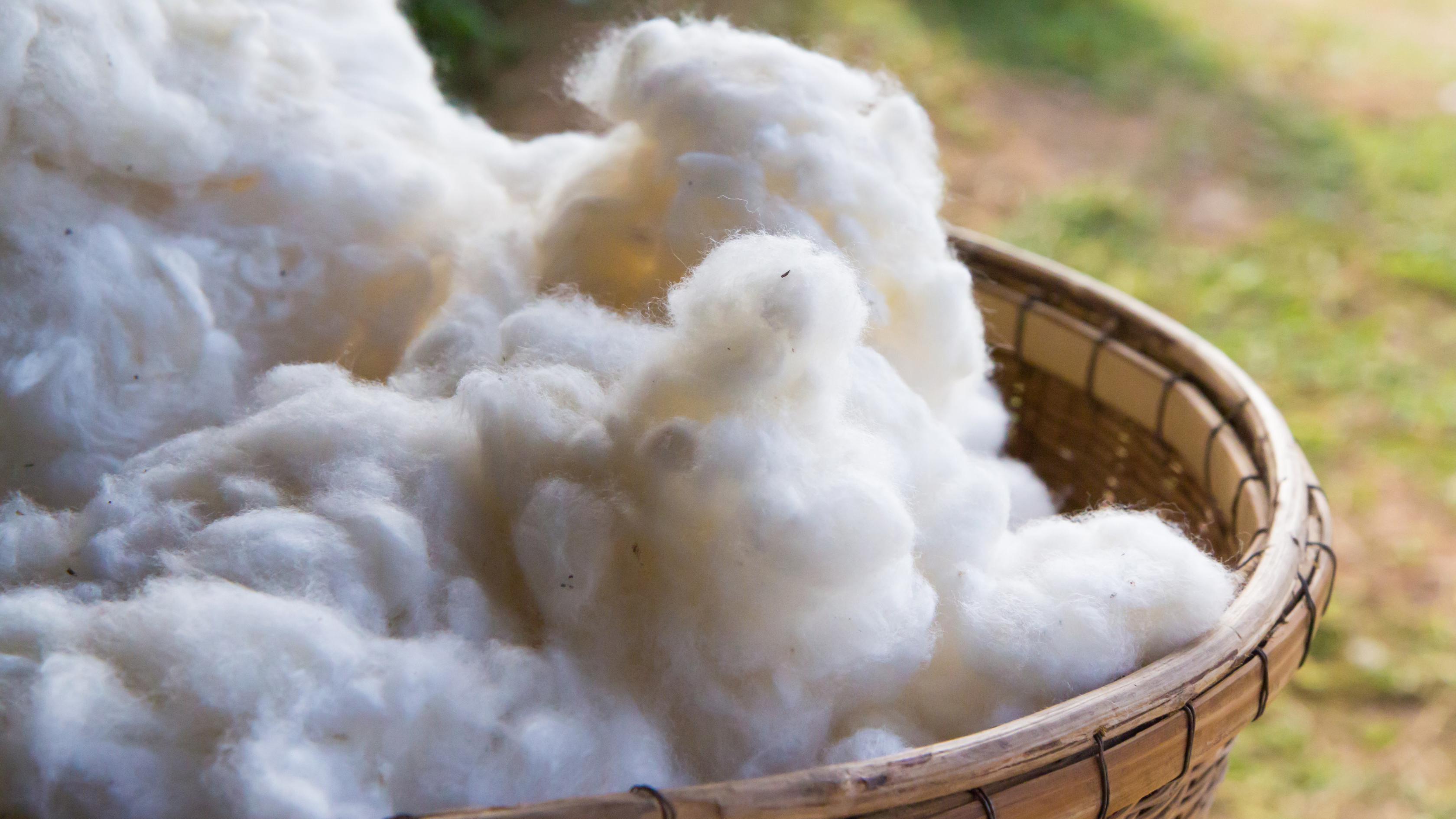More and more consumers are looking for eco-friendly alternatives to traditional textile fibres, and one of the most interesting options is converted organic cotton. This material represents a middle ground between conventional cotton and completely organic cotton, offering significant benefits for both the environment and human health.
The Transition Toward Organic Cotton
Conventional cotton production is often associated with intensive use of pesticides and chemical fertilizers. These chemicals can contaminate soil, water and harm the health of farmers and surrounding communities. Organic cotton, on the other hand, is grown without the use of synthetic chemical pesticides and fertilizers, significantly reducing environmental impact. However, the complete transition to organic cotton cultivation can take several years, during which the farmer must follow rigorous sustainable agricultural practices.
Organic Cotton in Conversion: A Step Towards Sustainability
Organic cotton in conversion represents an important intermediate stage on the path towards more sustainable textile production. During the conversion period, farmers progressively adopt organic cultivation practices, but may still use some conventional treatments to manage agronomic challenges. This gradual process allows farmers to gradually reduce their dependence on pesticides and chemical fertilizers, without suffering an immediate loss of income. One of the main advantages of organic cotton in conversion is the reduction of environmental impact compared to conventional cotton. Conversion farmers begin to limit the use of harmful chemicals, promoting biodiversity and improving soil quality. This helps preserve local ecosystems and reduce the risk of water pollution.
The Benefits of Organic Cotton in Conversion for Consumers
For environmentally conscious consumers, purchasing products made from converted organic cotton is a conscious choice. While in-conversion organic cotton may contain residual traces of pesticides compared to fully organic cotton, it is still a better choice for the environment than conventional cotton. Wearing clothing made from in-conversion organic cotton is one way to support farmers transitioning to more sustainable practices. Additionally, this fabric offers many of the benefits associated with full organic cotton. It is hypoallergenic, free from harmful chemicals and generally softer on the skin than conventional cotton. It is an ideal choice for anyone with sensitive skin or allergies to the chemicals used in traditional cotton growing.
Shenty and organic cotton in conversion
In-conversion organic cotton represents a promising middle ground between conventional and fully organic cotton. It helps reduce the environmental impact of textile production, while promoting sustainable agricultural practices. For these reasons we decided to create the first Shenty t-shirts in organic cotton in conversion, available exclusively in our physical store. You can still view and order them by clicking here and opting for in-store collection.
